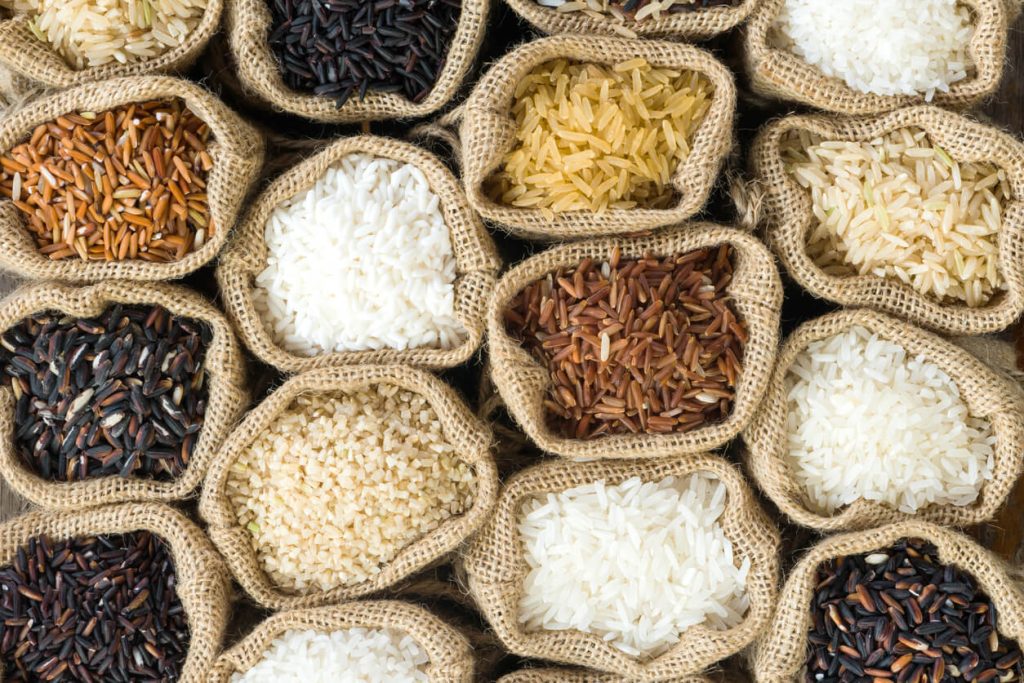Tags
Pangenome Reveals Genetic Diversity, Evolution, and Domestication of Rice

A study conducted at the Center for Excellence in Molecular Plant Sciences of the Chinese Academy of Sciences (CAS) has constructed an unprecedented pangenome map of wild and cultivated rice. The study also decoded the genetic architecture and diversity of rice.
Led by Prof. HAN Bin’s team, the study offers a powerful resource for breeding and agricultural innovation, and shows the evolutionary and domestication history of rice. The researchers sequenced 145 rice genomes, including 129 wild accessions and 16 cultivated varieties. The varieties were selected for their geographic and genetic diversity. Their analysis revealed 3.87 billion base pairs of novel genetic sequences absent from the single acknowledged reference genome of Oryza sativa ssp. japonica cv. Nipponbare, as well as 69,531 genes collectively spanning the pangenome. Nearly 20% of these genes exist only in wild rice, with many linked to traits such as disease resistance and environmental adaptation. These genes represent a “genetic goldmine” for developing modern rice varieties that can withstand pests, disease, and climate challenges.
The haplotype analysis of early key domestication genes in various groups of Asian cultivated rice confirmed that all domestication loci originated from the japonica ancestor Or-IIIa—providing strong support for the long-debated hypothesis of a single initial domestication event for all Asian rice varieties.
The researchers also examined the genetic divergence between indica and japonica—the two main subspecies of O. sativa, and identified over 850,000 single-nucleotide polymorphisms and 13,000 presence–absence variations between them. These differences originated from the divergence between their ancestor lineages and a larger genetic bottleneck in japonica, which created new opportunities for combining beneficial genes from different rice subspecies.
https://www.isaaa.org/kc/cropbiotechupdate/article/default.asp?ID=21306Published Date: April 23, 2025






